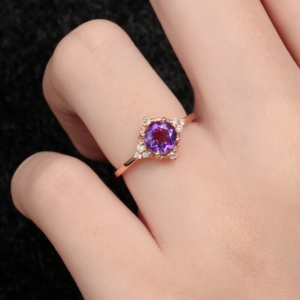
While sand in your shoes isn’t ideal, having the ocean and blue sky as a backdrop for your wedding video is priceless. Couples are drawn to tropical settings for their weddings because of the clear blue sea, the sound of waves crashing against the coast, the brilliant sunshine, and the vibrant sunset colors. All these things and more make wedding videos taken on the beach so appealing.
The following are some beach wedding videography suggestions that may be useful if you are scheduled to be a wedding videographer at a beach:
Off-camera lighting is the key
Since the beach has plenty of natural light, you may video graph your couples in direct sunlight without shade. Off-camera lighting lets you balance the background and the couple’s exposure. In strong sunlight, employ off-camera lighting as a fill light to balance the exposure between the background and your couple. To add drama to a beach wedding video, use flash power. You can balance the backdrop and pair exposure with extra lights. Brighter lights make the couple stand out against the backdrop.
Choose the right time to shoot
It’s customizable to the couple’s tastes. The optimum time of day to shoot a wedding video is important since every couple wants to capture a particular ambiance. The golden hour is charming and makes everyone look like a model. The sun’s golden tones and the ocean’s contrast with the sand are stunning. This compromise lets the pair enjoy both the sun and the dusk. The sunset is ideal for filming a romantic video. If you want to ensure the beach is empty, this is useful.
Select the right filter
Beach clips and wedding video post-production can benefit from a few camera filters. UV filters are fantastic. UV filters protect camera lenses. The filter also blocks certain UV radiation from entering the lens. The UV filter protects your equipment and improves photos, although the visual effect is minimal. Beach wedding videos should include polarizing filters. Polarizing filters diminish water-surface reflections and glares. Polarizing filters improve sky color and saturation. Polarizing sunglasses make a huge difference







